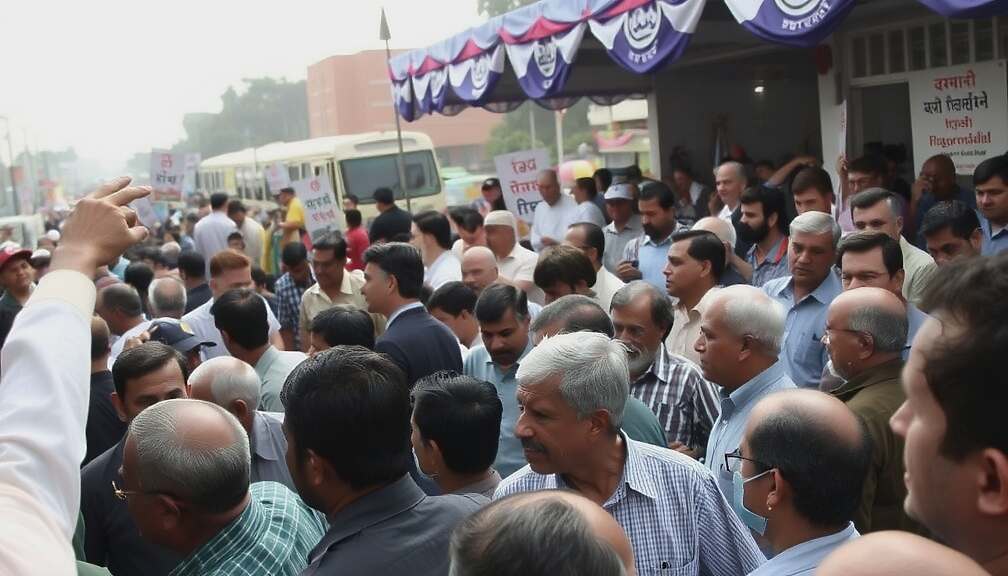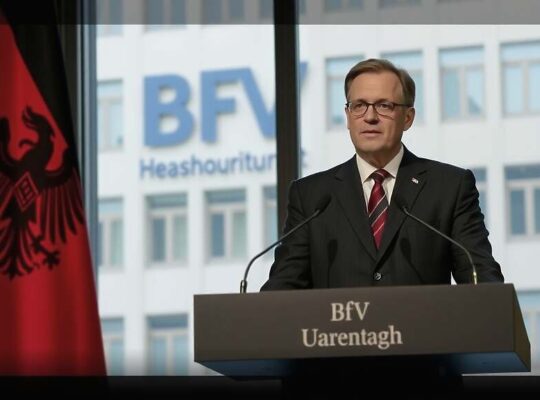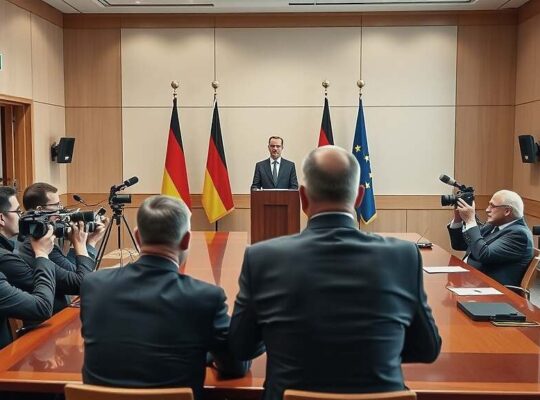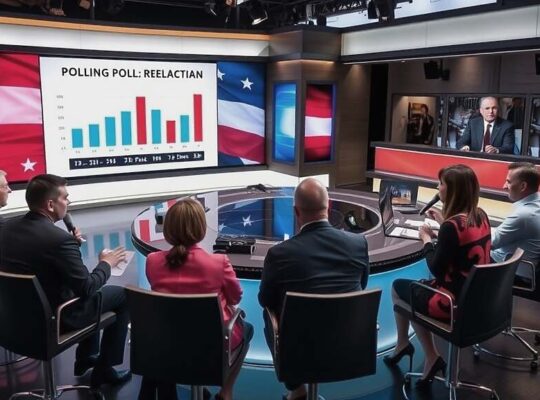A recent survey conducted by Forsa on behalf of RTL Deutschland indicates a significant shift in German political preferences and public sentiment. The latest “Trendbarometer” reveals the Alternative for Germany (AfD) currently holds 27% of the vote in a national survey, surpassing the Christian Democratic Union/Christian Social Union (CDU/CSU) alliance by three percentage points, placing them at 24%. This marks the largest lead Forsa has ever recorded between the AfD and CDU/CSU at the federal level.
The Social Democratic Party (SPD) maintains a steady 13% support, while the Green Party registers a slight increase to 12%. The Left Party secures 11%, the “Basis Movement for the Fatherland” (BSW) reaches 4%, the Free Democratic Party (FDP) stands at 3% and other parties collectively account for 6%. A substantial 22% of respondents identify as non-voters or remain undecided.
Perceptions of political competence also show a discernible trend. 15% of respondents believe the AfD is best equipped to address Germany’s challenges, a two-percentage-point increase. The CDU/CSU’s perceived competence has declined to 18% (down one percentage point), with the SPD at 7% (up one percentage point), the Greens at 6% (up one percentage point) and the Left Party at 4% (down one percentage point). Notably, 47% of those surveyed express that no party currently demonstrates sufficient competence.
Satisfaction with the performance of CDU leader Friedrich Merz has reached a new low, with only 26% of respondents expressing approval. A majority of 70% express dissatisfaction. This dissatisfaction is particularly pronounced among supporters of the AfD (95% dissatisfied) and the Left Party (90% dissatisfied).
Economic expectations remain subdued. A significant majority, 62%, anticipate a worsening economic situation, while 21% predict no change and only 16% hold optimistic hopes for improvement.
The data was collected by the market and opinion research institute Forsa between September 23rd and 9th, 2025, surveying 2,502 individuals for party preferences and 1,005 individuals for questions pertaining to political competence.












